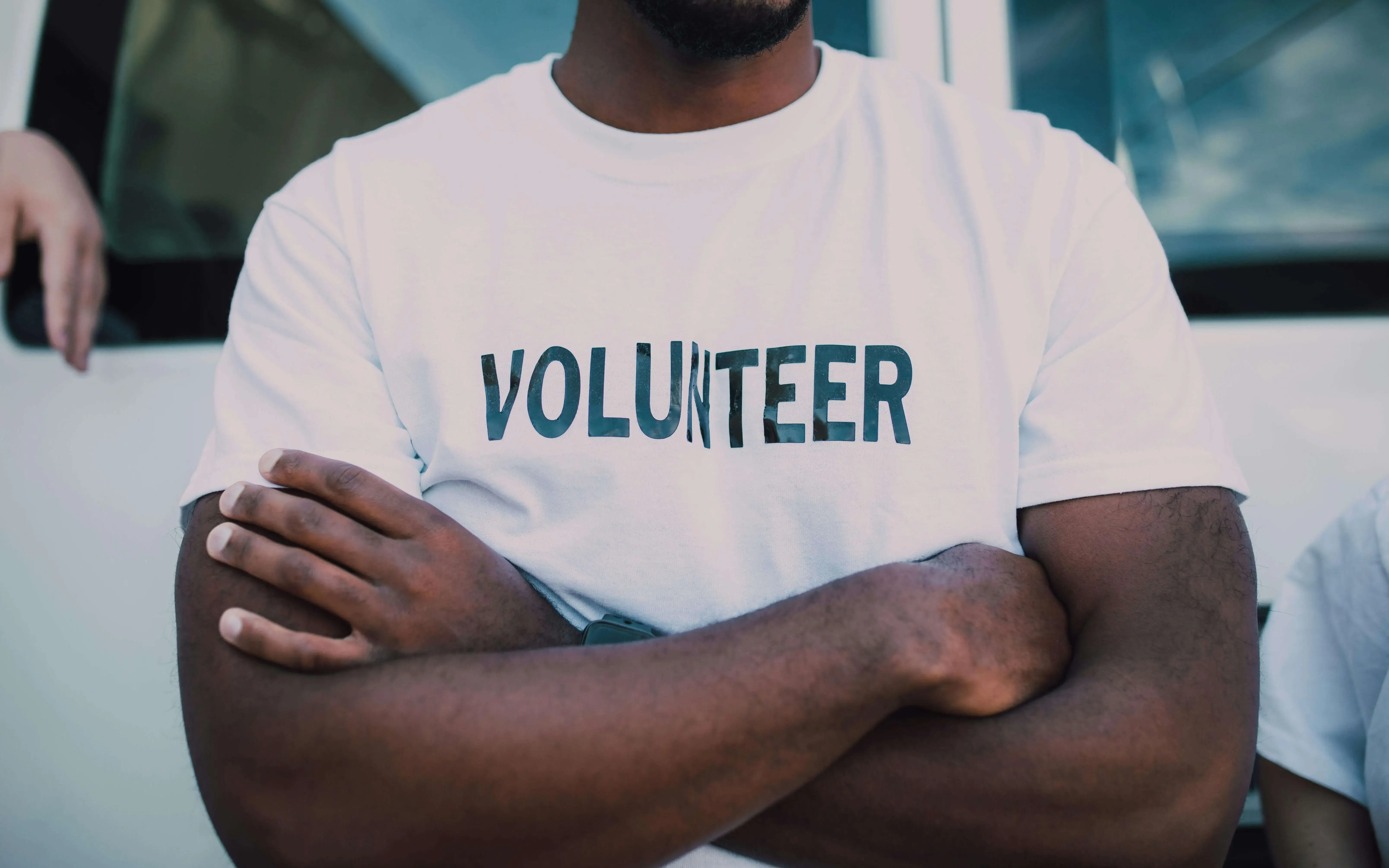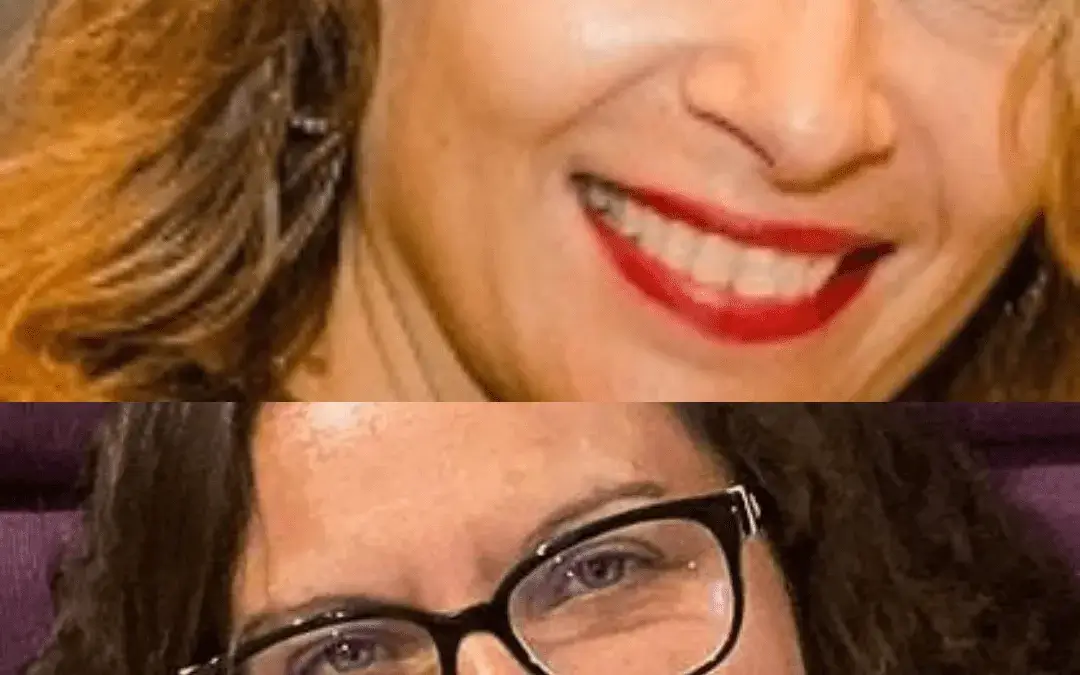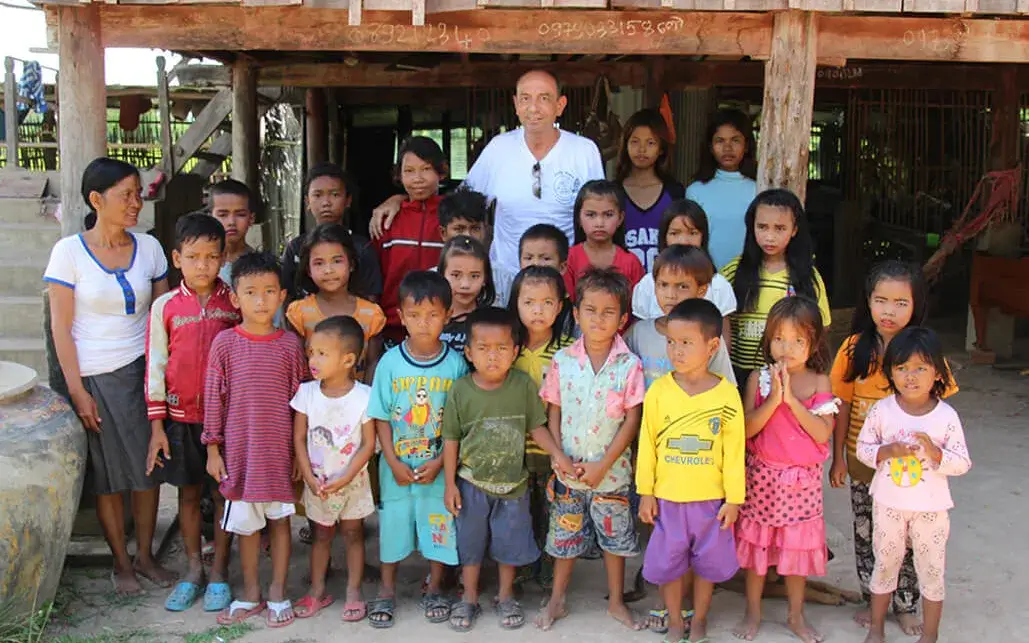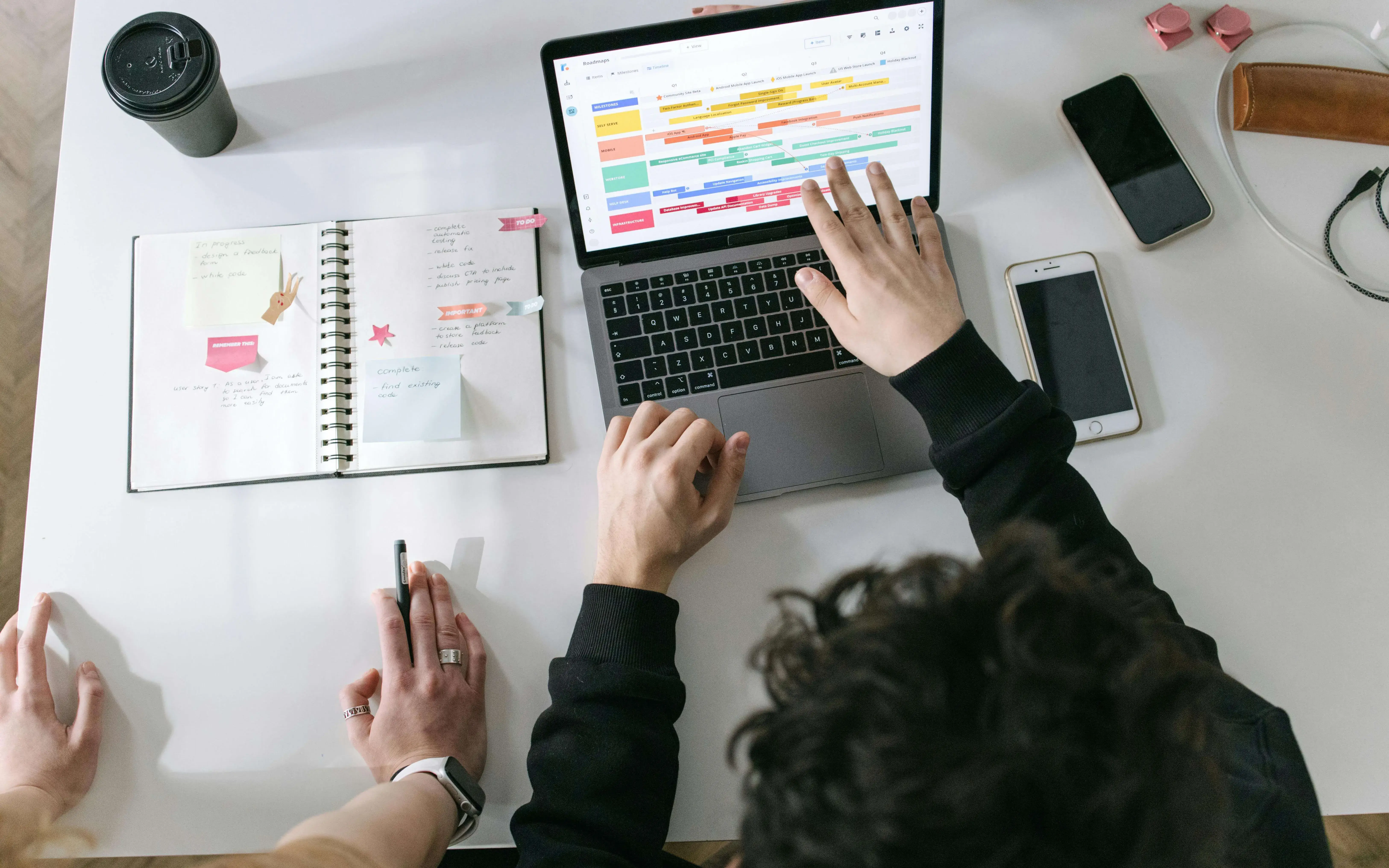Francesca Pisano: "The vision is to rethink the cohesion of the city through volunteerism and social action"
Francesca Pisano, member of Aarhus 2018, talks about the aims and benefits of hosting the European Volunteering Capital 2018.
The European Volunteering Capital Aarhus 2018 is already a reality. What are your aims?
In Aarhus there is a great societal heritage and a strong tradition for volunteering, which we want to build upon. The vision is to rethink the cohesion of the city through volunteerism and social action and hence promoting healthier and happier lives for the citizens of Aarhus. We strive to create the best possible environment for volunteering and remove the barriers along the way.
In 2017, Aarhus and the entire Central Region of Denmark has been the European Capital of Culture. The theme was “Let’s Rethink” and the volunteers – so-called Rethinkers – have been supporting the events during the year. With the title of European Volunteering Capital 2018, Aarhus strives to maintain this capacity and develop a long-lasting commitment to further develop Aarhus to be a great city for all.
Aarhus strives to welcome and support all volunteers. We want to remove barriers and promote that children, students, families, elderly people, people with mental or physical disabilities or companies can be a resource to others and volunteer. We will make sure that bureaucracy and regulations are not standing in the way and we will provide the necessary support for participation hence developing the width and diversity in volunteering.
How can it contribute to eliminate exclusion and help prevent extremism?
We strive to give everybody the opportunity to participate in social communities and leisure activities, because we believe that being an active part of the community can eliminate exclusion and help prevent extremism. Therefore, Aarhus wants to strengthen associations and volunteering initiatives promoting social inclusion and equal access to communities and services in the city. We desire to give everybody the opportunity to engage and contribute, and we want to recognize participation as a value in itself. Participation helps building relationships and encourage a larger understanding amongst citizens in Aarhus - hence barriers for participation must be broken down.
Including businesses..?
In the future, organization, businesses and the public sector will need to find new ways of collaborating and using the resources in order to elaborate models in which volunteer organizations and volunteers play a greater role in building competencies and bridging to education and work, ensure a better transition from work life to retirement through volunteering, in order to prevent loneliness and isolation among elderly people in the city and get more businesses to participate and take a social responsibility. A closer collaboration can build resources and knowledge across sectors
What activities do you expect to do during this year?
As European Volunteering Capital 2018 we want to build on our great societal heritage and tradition for voluntarism, release new potentials and break down barriers for participating across sectors and recognize the important role that volunteers and associations play in the development of our welfare.
The main tracks on which the all events will be based are: legacy, diversity, social inclusion and cooperation.
From your point of view, what will be the most relevant benefits for Aarhus?
Volunteering is about communities - not least the Aarhus community. Although Aarhus is a big city, we have a lot of the presence and unity that traditionally characterize smaller urban communities, as well as ordinary people involved in sports associations, joint councils, local schools, nursing homes and their neighbours. Being a Volunteer Capital is in our opinion not about inventing new volunteer projects for a special occasion, but celebrating the citizens of Aarhus and all the things that they already do. And of course, we will use the title to continue developing the strong community and the union spirit that characterize us. By having the title of European Volunteering Capital 2018, Aarhus will also look forward to welcoming European neighbours, exchanging knowledge, networking and thinking about potential participation in future volunteering projects across Europe.
What is the picture of the current state of volunteering in your city?
In Aarhus, volunteers contribute to the welfare by solving a wide range of important tasks that the Municipality must not – and cannot solve. Volunteers are building bridges between people and between sectors, promoting health, community and care for the weakest in our society.
In choosing Aarhus as the European Volunteering Capital 2018, the jury has noted “the ‘Strategy on Active Citizenship’ that involves clear and appropriate funding mechanisms for volunteer-involving organisations, even the very smallest ones, using participatory budgeting for this is also commended. The robust approach to the measurement of impact and support shown for other research, in order to inform evidence-based policy for volunteering is praised.”
In addition, the jury concluded that the way in which volunteering policy is linked to policies and strategies for employability, health and social inclusion shows an excellent example to others. It was highlighted that for the future, more emphasis and attention could be given to recognition processes for volunteers and, also, on raising awareness of the rights and responsibilities of volunteers. Aarhus is a city of engaged citizens, innovative businesses and students from all over the world. It has a spirit of cooperation and social cohesion and a strong tradition for volunteering.
In your opinion, what do you think that Europe needs to make the difference in this field (volunteering)?
The world around us is rapidly changing. We can observe these shifts in technology and politics, as well as challenges our communities and each of us daily face.
Volunteering is no different! Therefore, it’s critically important to learn and adapt to changing circumstances far more rapidly and effectively. Community leaders and volunteering managers must follow the trends that shape the way people want to give their time, and in response, adopt new strategies and approaches. This, of course, includes thinking beyond traditional roles and creating opportunities for people who might not otherwise be willing to volunteer.
What do you think that is necessary to adapt to changing circumstances?
First of all, we need to be modern, flexible and make better offers in terms of volunteering that would fit in with people’s lifestyles. Organizing and empowering volunteers using social media channels, short-term volunteering, micro-volunteering, online volunteering… New types of activities require also new types of volunteers.
Secondly, we must not forget about a huge demographic shift we’re experiencing in Europe - aging population. Old people have to be considered as a valuable asset that can make a significant contribution. That’s why offering meaningful, high-quality, skills-based opportunities for elderlies to volunteer is really important.
Thirdly, it’s important to remember that strategic thinking and smart analytics works not only in economy and business. Making better use of data about how and why people participate in volunteering could help charities to attract more people to their cause, solve many social issues we now facing and build stronger, safer, more cohesive communities.
Last but not the least, it is very important to create and support a culture and societal tradition of volunteering, where people would be willing to volunteer through their life. And here in Denmark, we seem to know the secret.
In your opinion, why people should be volunteer? What could you say to persuade new volunteers?
Call it volunteer, call it togetherness, citizenship or just call it love. You can find it in major institutions, as well as in many common citizens: parents and grandparents, children and young adults who make a difference in sports associations, residents' associations, councils and churches, at local centers and nursing homes and in the places for the homeless. It can be found among all the good neighbours who help to walk the dog, take care of children and keep an eye on the house. It is in the local institutions' boards and everywhere else, where you can get involved in the local community and in the city where you live.
Aarhus will celebrate this love for the community in 2018 and we strongly believe that you do not have to look for big commitments, because it's all the small actions that make the big difference. It starts with yourself: engage in your own life. If you want to make a difference just find out what's important to you.












Add new comment